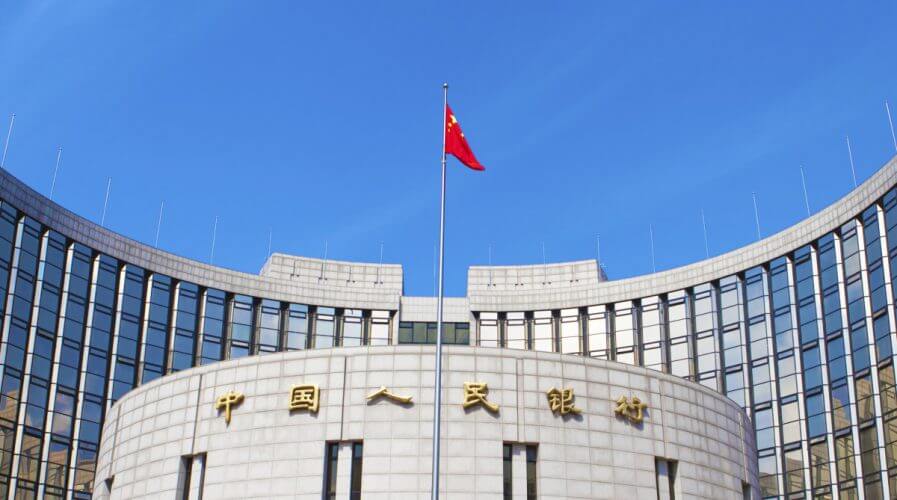
What does Beijing’s new crackdown mean for cryptocurrency in China?
What does Beijing’s new crackdown mean for cryptocurrency in China?
- Beijing stepped up its efforts to crack down on Bitcoin mining and trading, sending the digital currency’s price tumbling
- Finance industry associations direct their members, which include banks and online payment firms, not to offer any crypto-related services
- Crypto experts believe that it won’t be a blow to bitcoin in the long run
In China’s latest attempt to clamp down on what was a burgeoning digital trading market, Beijing has ordered a halt to foreign virtual currency trading in bank commercial savings and transactions products. China last week cracked down on privately mined cryptocurrency that led to the market price for Bitcoin to fall off a cliff.
Compared with a previous China ban in 2017, the new rules greatly expand the scope of prohibited services, after a new decision was made virtual currencies are not supported by any real value. Institutions, including banks and online payments channels, were told not to offer clients any service involving cryptocurrencies, such as registration, trading, clearing, and settlement. A State Council committee led by Vice Premier Liu He announced the efforts – the first time the council has targeted virtual currency mining, a big business in China that accounts for as much as 70% of the world’s crypto supply.
It has also thrown the full weight of the world’s second-largest economy behind the People’s Bank of China (PBOC) efforts to establish its Digital Currency/Electronic Payment system (DCEP) – otherwise known as the Digital Yuan. The Chinese government isn’t just worried about financial stability, either. A commentary piece in Xinhua News, the Communist Party’s official media outlet, elaborated on the government’s stance, voicing concerns about bitcoin’s role in money laundering, drug trafficking, and smuggling. It also mentioned bitcoin’s profligate energy use. Last week, China warned financial institutions not to participate in crypto-transactions or related services.
What are the new measures?
Three financial industry associations directed their members, which include banks and online payment firms, not to offer any crypto-related services including account openings, registration, trading, clearing, settlement, and insurance, reiterating the 2017 ban.
Posted by the People’s Bank of China (PBOC), the new ban also covers services that were not previously mentioned. It made clear that institutions must not accept virtual currencies, or use them as a means of payment and settlement. Nor can institutions provide exchange services between cryptocurrencies and the yuan or foreign currencies.
Additionally, institutions were prohibited from providing cryptocurrency saving, trust, or pledging services and issuing crypto-related financial products. And virtual currencies must not be used as investment targets by trust and fund products. Banks and payment companies were also urged to step up monitoring of money flows involved in cryptocurrency trading, and coordinate more closely in identifying such risks.
The impact of a cryptocurrency ban in China
According to crypto wallet Ballet, founder and CEO Bobby Lee said this move could all be leading to a boiling point where China’s government actually takes stringent measures against the currency outright. However, he also outlined many of the infamous “bans” that the media has hit on over the years. It began in 2013 when the Chinese government recognized bitcoin as virtual property but banned it as a transaction medium. Since then, China has progressed to the point of regulators instituting trading restrictions and now, mining restrictions, Lee explained.
“China operates in a way where they rarely change the rules. Changing the rules can be very controversial. What they do is they change enforcement,” said Lee. “That’s why these verbal announcements are just a signal to the market, that they’re going to step up the enforcement again.” He continued to say that because bitcoin is a “free currency” it’s going to be “constantly at odds” with a capital-controlling society like China’s.
On the other hand, many Chinese bitcoin mines may consider moving out of China after the regulators re-emphasize plans to outlaw bitcoin-related payment services, although some mines in Southwest China’s Sichuan Province are still operating, as usual, industry insiders told the Global Times.


